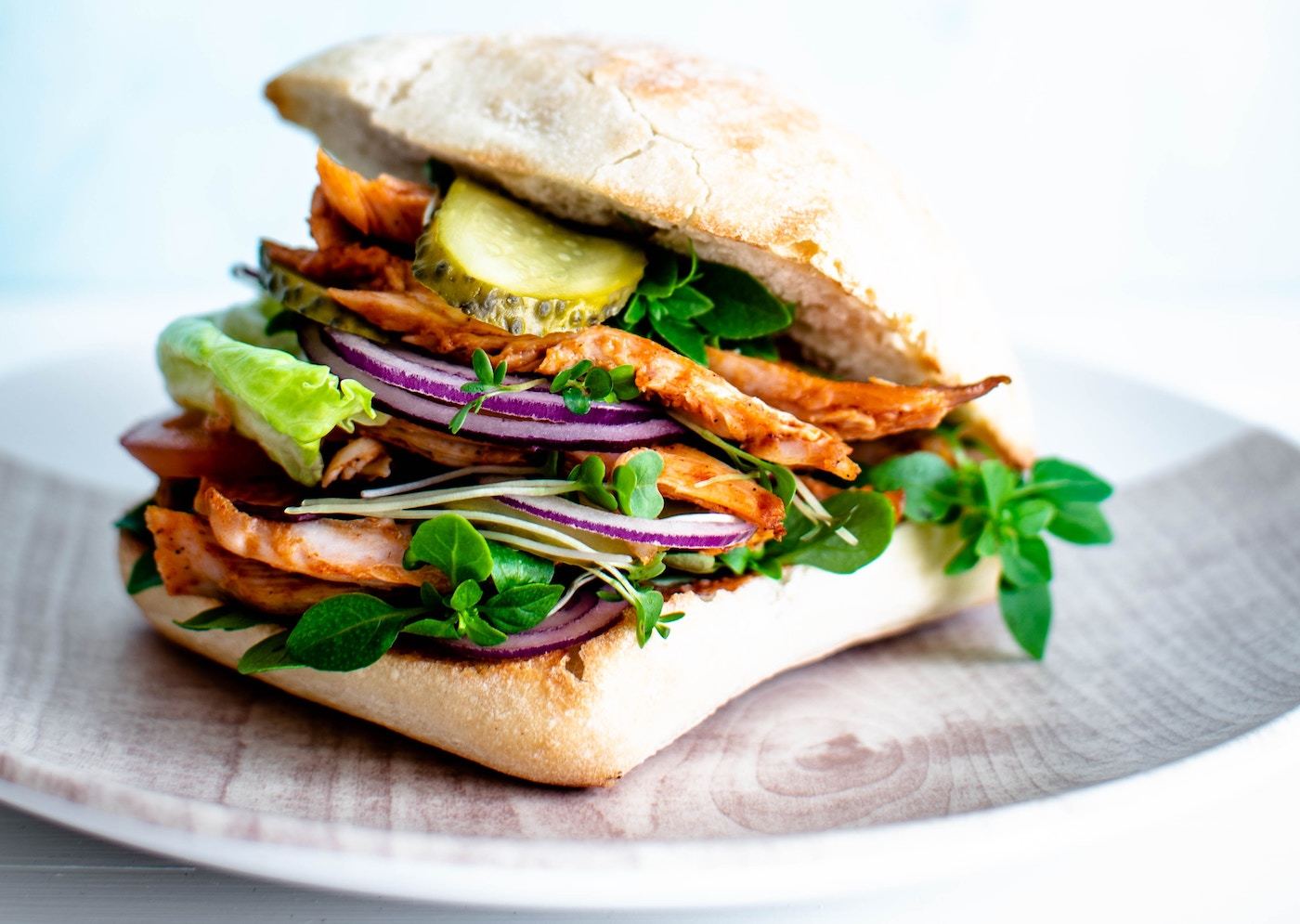
September 25, 2019 at 10:30PM by CWC
Whenever someone says the words “saturated fats,” my mind conjures burgers sizzling on the grill and the colorfully-wrapped candy bars at the checkout counter of Walgreens. While those two images are accurate, saturated fats are hiding in many parts of the American diet. And, a brand-new study published by The Journal of the American Medical Association suggests that all of us might be eating far more of them than we think.
For context, let’s go ahead and redefine this type of fat. “Saturated fat is a dietary fat molecule that does not have any double bonds between the carbons,” explains Melissa Rifkin, RD, of Melissa Rifkin Nutrition, LLC. “Saturated fats mainly come from animal products, including dairy, but are also found in some plant oils such as coconut and palm oils.” The Food and Drug Administration (FDA) recommends that saturated fats take up less than 10 percent of your daily calorie intake. “Consuming high amounts of saturated fats can cause cholesterol to build up in your blood vessels, increasing the risk for chronic diseases such as high blood pressure, stroke, and heart disease,” says Rifkin. Those who already have heart disease or high blood pressure should consume even less saturated fat, adds the dietitian.
The cross-sectional study, which reviewed the diets of a whopping 43,996 adults found that the populations intake of saturated fats remains above that golden, aforementioned 10 percent. But with a few tweaks, Rifkin says you can totally turn that dial down to an overachieving 9 (or maybe even 8!) percent of your diet. Here are her top tips for doing just that—without starting from scratch with your current eating style.
4 smart ways to cut down on your saturated fat intake, according to a dietitian
1. High-fiber foods are your best friend
Rifkin says to bring on the fruits, veggies, and whole grains. “Fiber has a whole host of benefits, including keeping you feeling full and satisfied longer,” she says. “Fiber also binds to cholesterol, meaning high-fiber foods can help lower blood cholesterol.”
2. Replace meats high in saturated fats with lean or plant-based proteins
ADVERTISEMENT
ADVERTISEMENTKate Spade Autumn/Winter Sale |
Rather than enjoying steak, bacon, or sausage at every meal, the dietitian advocates for swapping in fish, skinless chicken, and turkey. Or plant-based options like beans, tofu, lentils, and nuts. “Limiting saturated fats does not mean you have to miss out on protein. There are plenty of low saturated fat, high protein foods available,” she says.
3. Cook with oils that are lower in saturated fats
“Oils lower in saturated fats are generally higher in monounsaturated fats, which are considered heart-healthy,” Rifkin says. Avocado or olive oil are good options.
4. Eat fried foods in Moderation
You know this one already, but just to reiterate. “Baking, grilling, or air-frying makes for delicious meals without excessive amounts of saturated fats and calories,” the dietitian explains.
It’s easy to go overboard on healthy fats, so here’s what experts want you to know. Plus, what a dietitian thinks of the not-so-humble avocado.
Author Kells McPhillips | Well and Good
Selected by CWC
ADVERTISEMENT
ADVERTISEMENTUp to 30% off Gift Sets |






